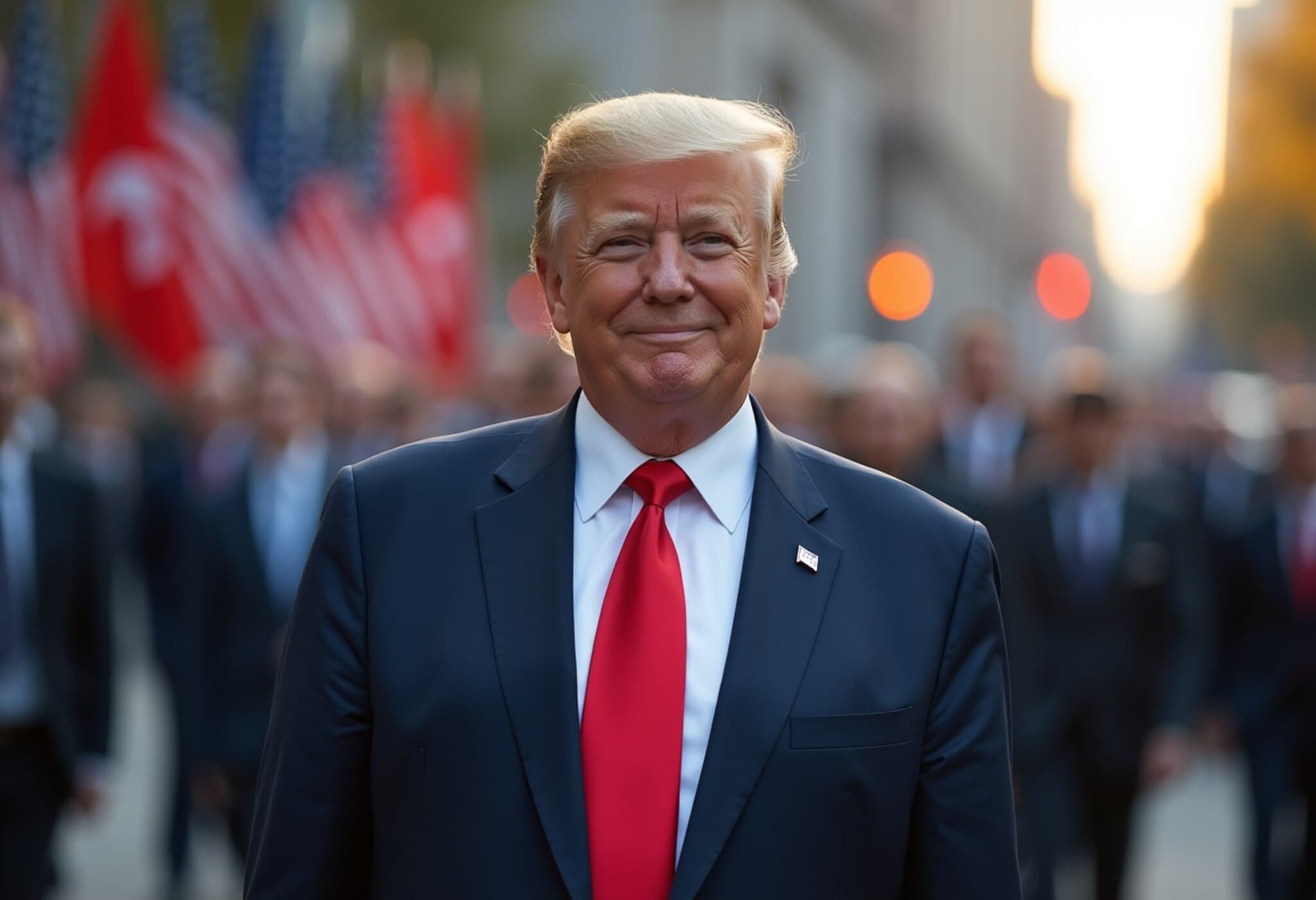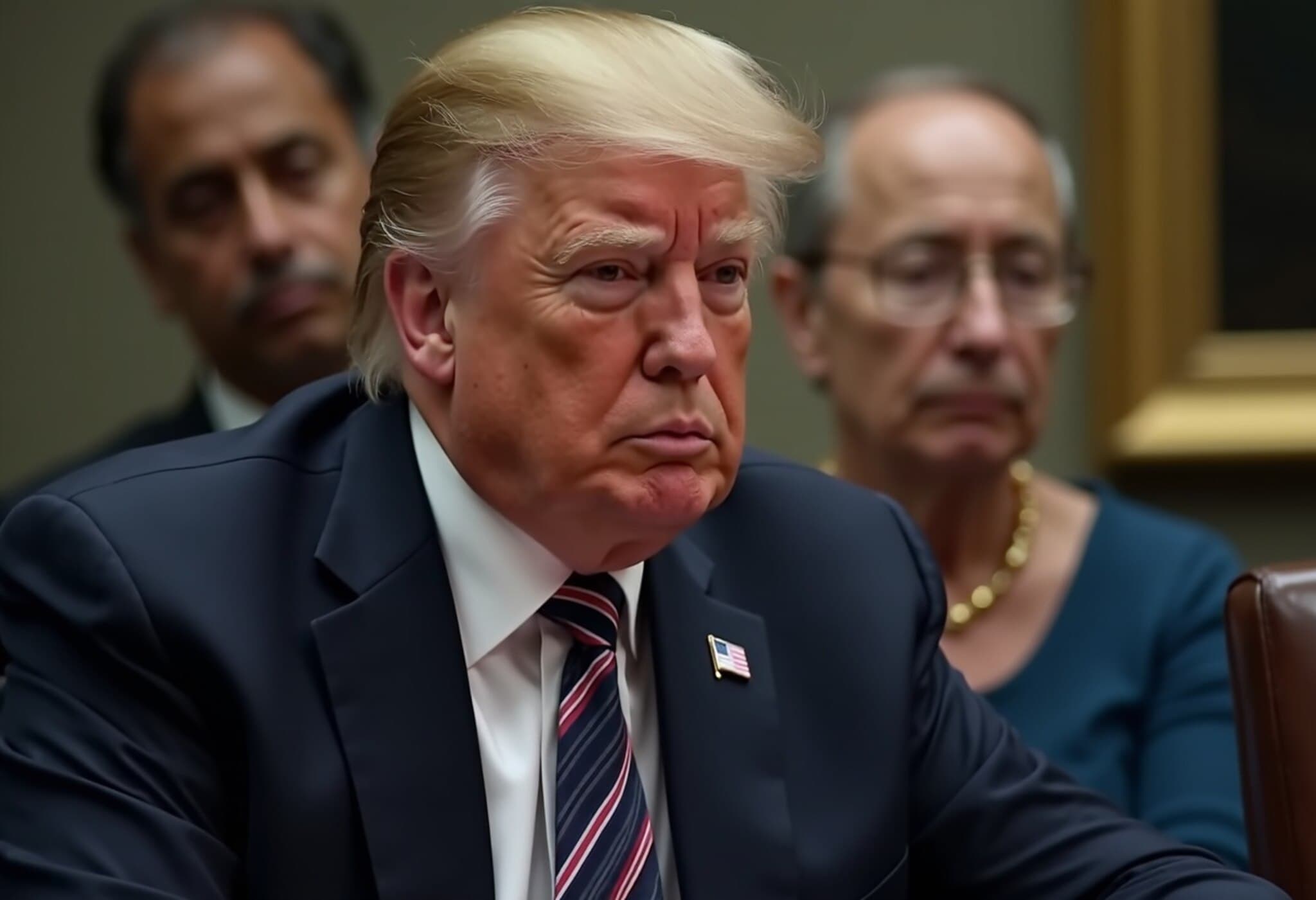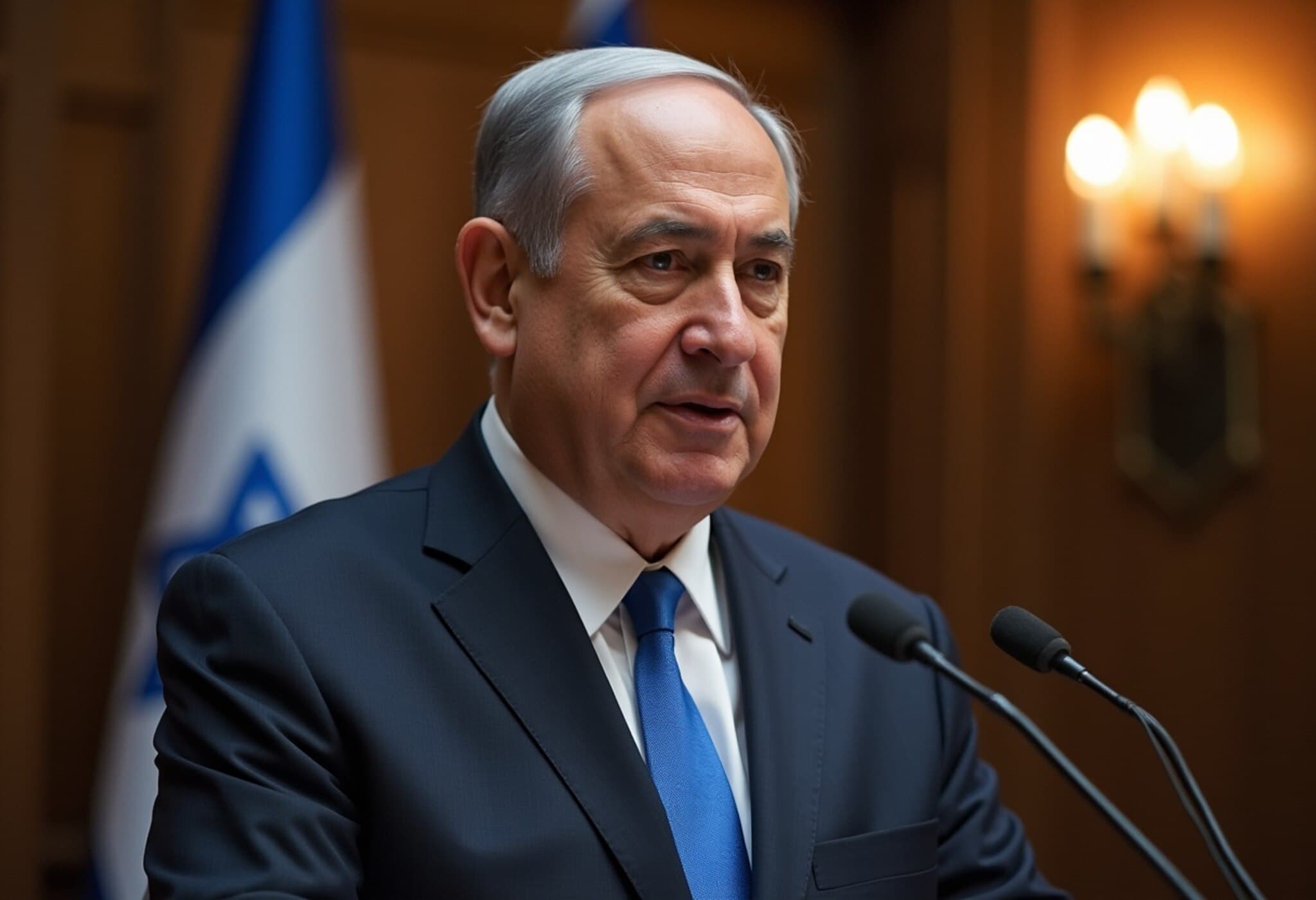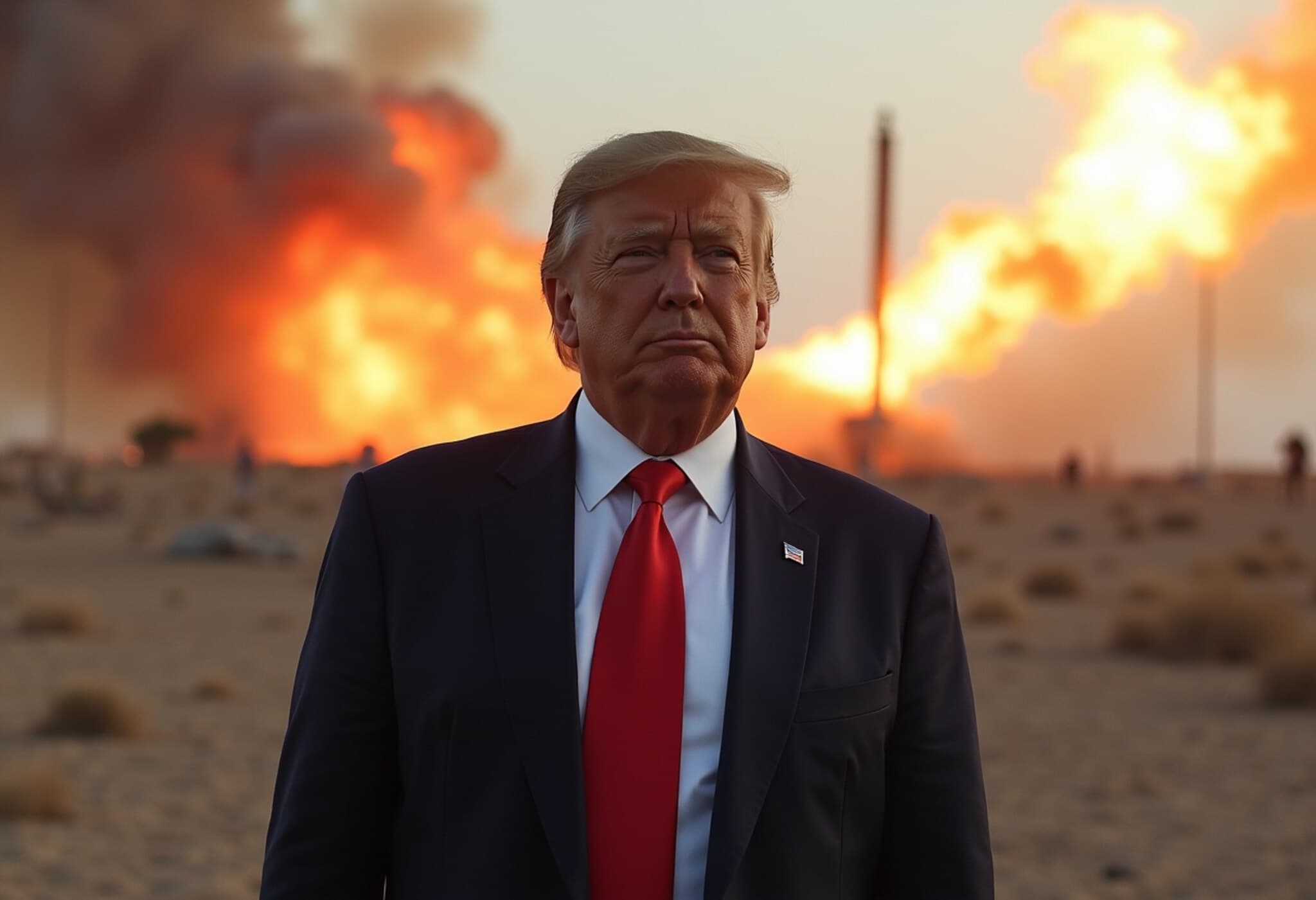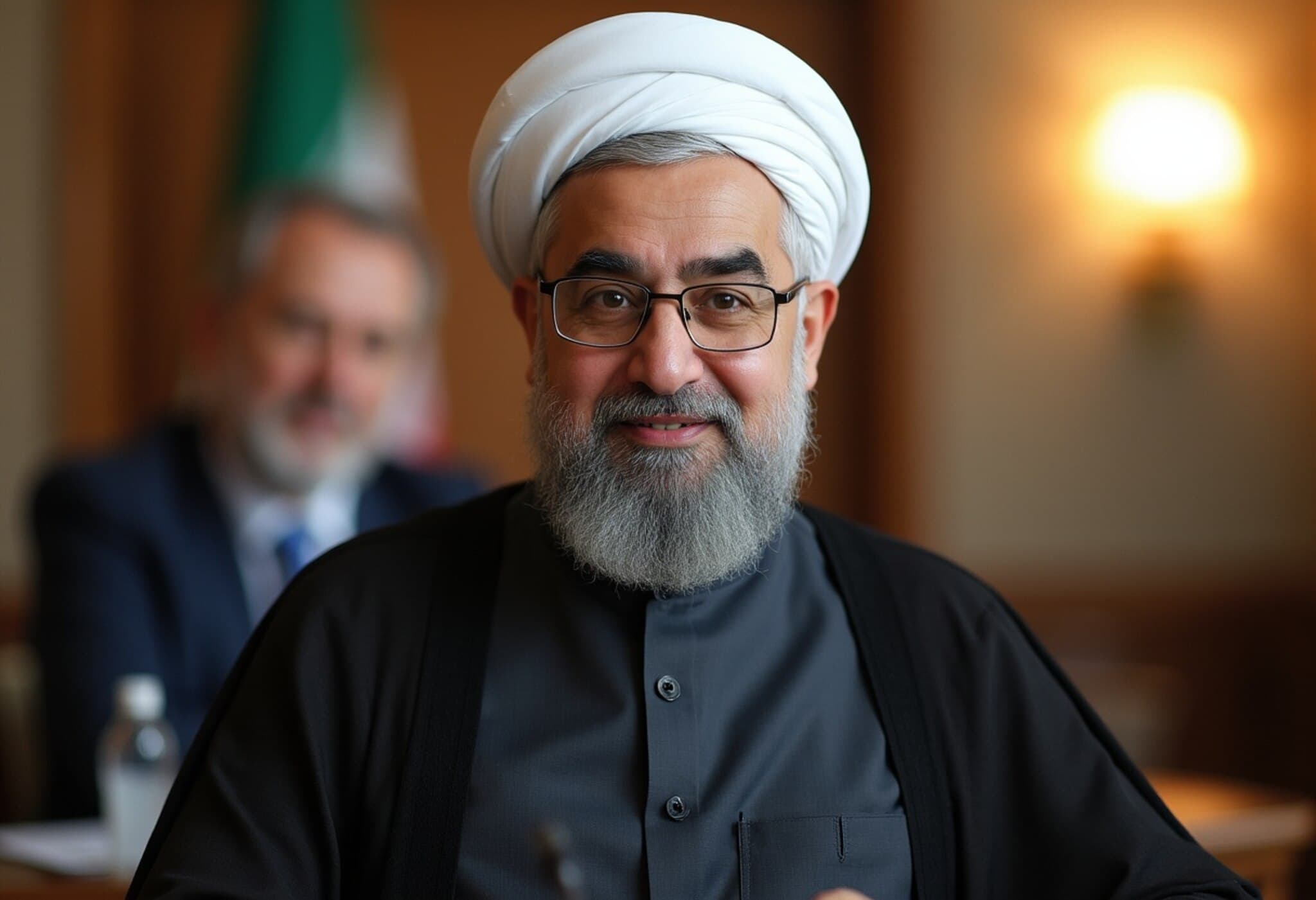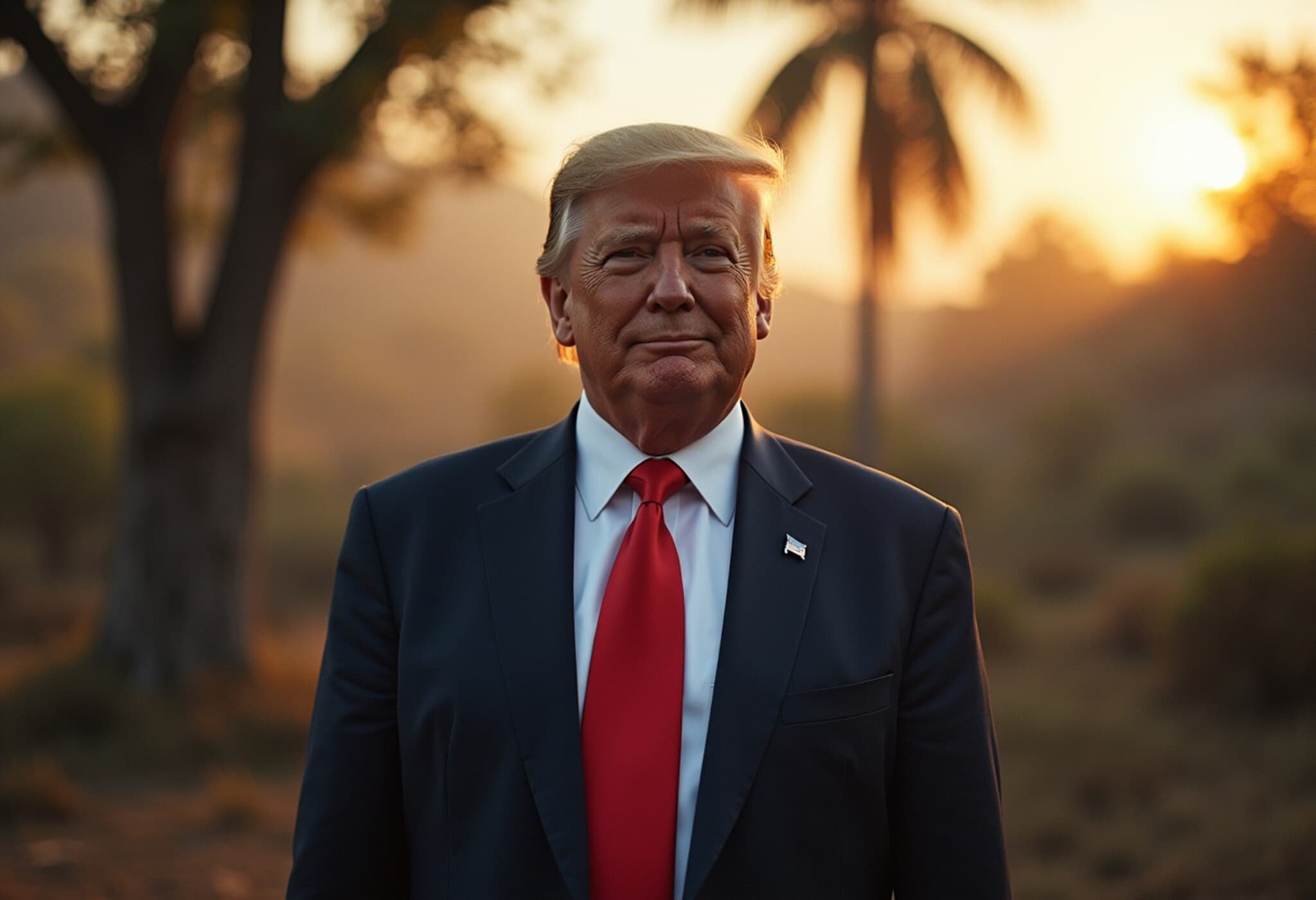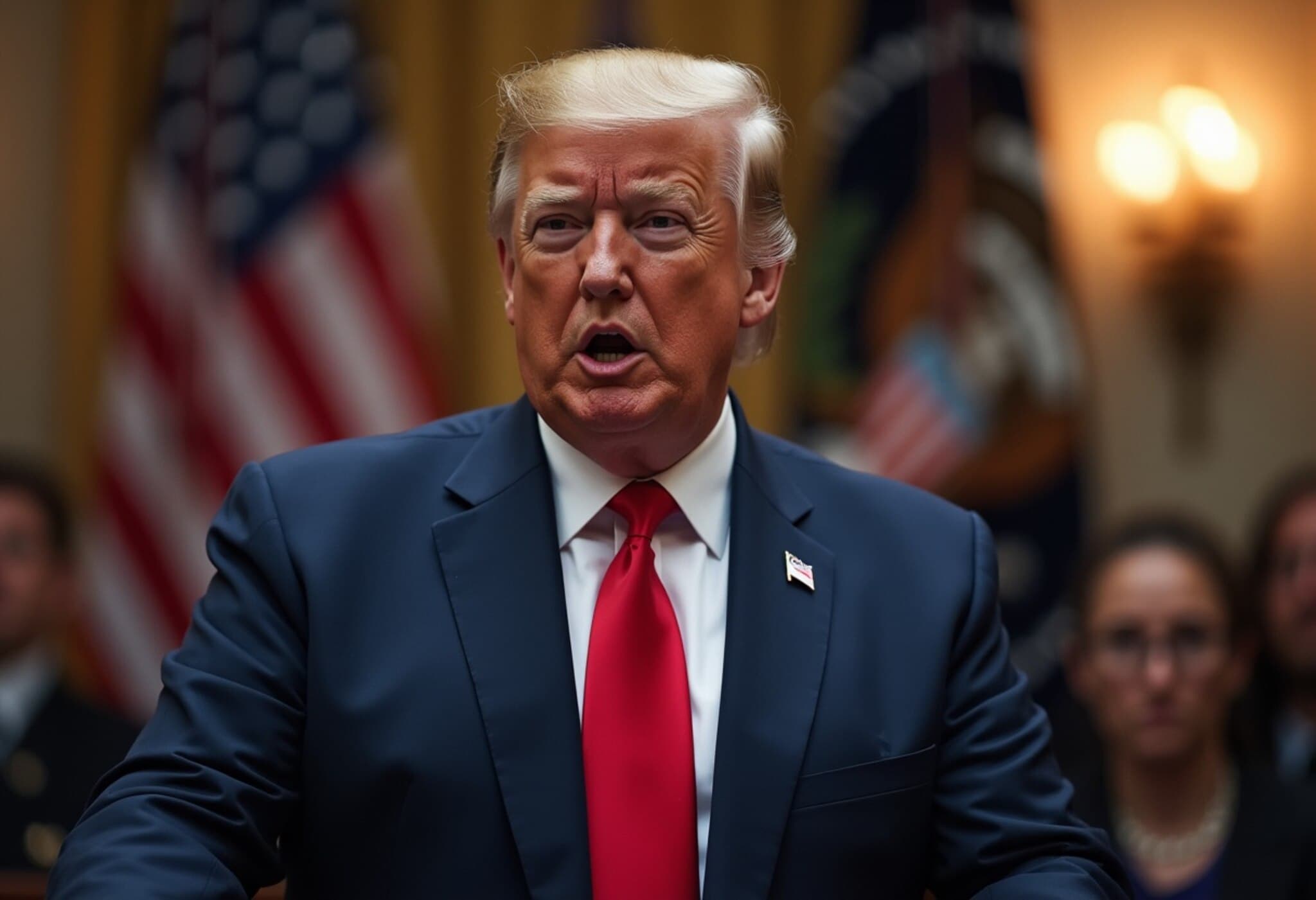U.S. Aims to Recenter G20 Focus as It Assumes 2025 Presidency
As the United States prepares to take over the presidency of the Group of 20 (G20) in 2025, officials are signaling a deliberate pivot back to the organization's financial origins. Sources familiar with the Trump administration’s strategic approach reveal plans to streamline the G20’s expansive agenda, honing in on core economic and financial issues while trimming down other thematic working groups.
A Shift Reflecting Broader U.S. Economic Priorities
This recalibration comes amid a broader U.S. foreign policy context defined by skepticism toward multilateral engagements, exemplified by Treasury Secretary Scott Bessent’s absence from recent G20 finance chiefs meetings in Durban, South Africa — a notable step for an administration once instrumental in establishing the G20 in 1999.
President Trump’s tenure has unleashed trade tensions and a recalibration of aid priorities, with a pronounced "America First" stance that has reshaped global economic relationships, particularly with developing nations within the G20. This approach underscores Washington's desire to refocus the G20 presidency on financial frameworks rather than expansive social agendas.
Streamlining the G20: Eliminating Peripheral Tracks
The U.S. intends to concentrate on two key tracks: the financial track and the leaders’ summit. This strategy effectively sidelines other ministerial-level meetings dealing with energy, health, commerce, and environmental issues. Such a reduction signals a marked departure from recent G20 summits’ broad thematic reach.
Two sources close to the administration highlighted that this strategy aligns with ongoing discussions about the International Monetary Fund and World Bank restrategizing towards their foundational mandates on financial stability and development, distancing themselves from emerging topics like climate finance and gender equity — areas that had gained traction within the G20's evolving agenda.
Expert Perspectives on the U.S. G20 Reset
Josh Lipsky, chair of international economics at the Atlantic Council, interprets this as a push by the U.S. to "get back to basics," a viewpoint echoed by several G20 members looking to avoid an overextended agenda.
The U.S. has notably withdrawn from co-chairing the sustainable finance working group it once held jointly with China, underscoring the pivot. Whether President Trump will attend the 2025 leaders' summit remains uncertain, reflecting ongoing tensions in the U.S.' global engagement style.
- Recent efforts by G20 host Brazil to endorse a global minimum tax on the ultra-wealthy were rejected by the Biden administration, labeling it an overreach, sparking debate on the G20’s scope.
- Several members acknowledge the group’s rapid expansion and agree on the need for a streamlined agenda, with South Africa conducting reviews to recommend reforms.
The Broader Implications: Development, Diplomacy, and Global Stability
Critics and developing nations voice concerns about disconnecting financial stability from broader development goals. Eric LeCompte from Jubilee USA Network highlights the interdependence of financial stability, debt issues, and sustained global economic growth, cautioning that sidelining these may jeopardize long-term development efforts.
Tracing its origins to the aftermath of the 1997-1998 Asian financial crisis, the G20 has evolved to tackle multifaceted global challenges, including crises like the 2008 financial meltdown, geopolitical strains between the U.S. and China, and responses to conflicts such as Russia’s invasion of Ukraine.
Balancing Power and Influence within the G20
Brad Setser, a former U.S. Treasury official now at the Council on Foreign Relations, notes that despite reduced participation, the G20 remains a vital platform for high-level diplomacy. He envisions Trump potentially hosting foreign leaders such as President Xi Jinping or even Vladimir Putin next year, contingent on geopolitical developments, but without the traditional pomp of state visits.
Meanwhile, Ben Harris of Brookings Institution warns that reduced U.S. engagement risks ceding leadership opportunities to China and others, creating power vacuums that may undermine U.S. geopolitical interests.
Conclusion: A Critical Juncture for the G20 and Global Economic Governance
The U.S. bid to return the G20 to its financial roots presents both an opportunity and a challenge. On one hand, it could refocus the forum on tangible economic cooperation amid growing global uncertainties. On the other, it risks marginalizing pressing issues such as climate change and inclusive development that many stakeholders see as inseparable from economic policy.
Editor’s Note:
As the U.S. gears up to assume the G20 presidency in 2025, the global community watches closely. Will the downscaling of the G20’s agenda simplify cooperation or fragment it? How will the U.S.' approach influence alliances and diplomatic balances amid rising multipolar tensions? In a world facing complex interlinked crises, the balance between financial pragmatism and broader global responsibilities remains an open and critical question.

